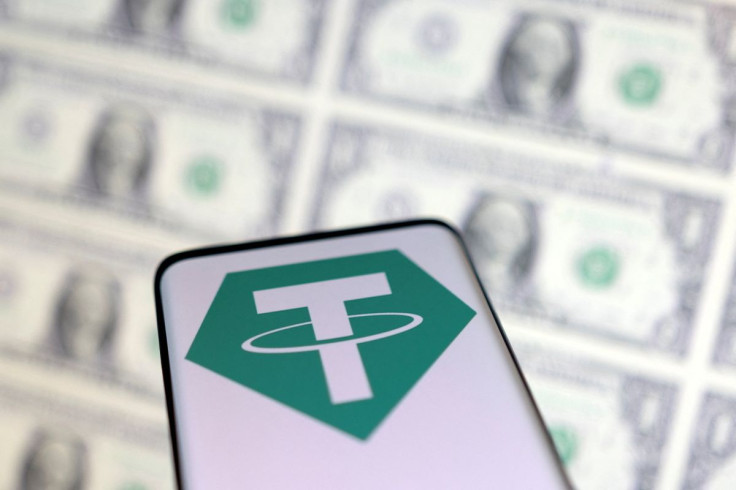Tether Helps US Retrieve $1.4 Million Worth USDT From Customer Support Scam

KEY POINTS
- Tether said the scam network mostly targeted elderly people in the U.S.
- The perpetrators converted the elderly's funds into crypto then moved them to virtual wallets
- The DOJ acknowledged Tether's assistance in retrieving the stolen funds
Stablecoin giant Tether assisted the U.S. Department of Justice (DOJ) and Federal Bureau of Investigation (FBI) in the recent seizure of approximately $1.4 million worth of Tether (USDT) tokens from a tech support scam network.
The DOJ announced the seizure operation last week, saying the funds were "suspected fraud proceeds" and would be returned to victims of the fraud scheme. "The U.S. Attorney's Office acknowledged Tether for its assistance in effectuating the transfer of these assets," the Justice Department said in a statement.
Tether also published a release on the seizure, saying its voluntary support for the DOJ and FBI's efforts in recovering pilfered funds for victims highlights its commitment to fighting against the use of cryptocurrencies "in the commission of financial fraud."
According to Tether, which issues the world's most prominent stablecoin, the million-dollar scheme mostly targeted elderly people in the United States. The threat actors used pop-ups to deceive elderly individuals into believing their computers had been compromised. Victims contacted tech support and then "coerced into thinking their bank accounts were in danger, leading to funds being converted into cryptocurrency to supposedly protect them from hackers." The converted funds were transferred into digital wallets held by the perpetrators.
Tether said it will continue cooperating with law enforcement to combat illicit crypto activities and financial fraud. It pledged to continue voluntarily assisting agencies to help protect the broader crypto community.
The blockchain platform has also been moving against potentially questionable transactions. Just last week, it blocked four wallet addresses and added them to its wallet blacklist. In the said blacklisting, one wallet had a balance of 20.01 million in USDT.
On the other hand, Tether has also been under fire following a United Nations Office on Drugs and Crime (UNODC) report alleging that the stablecoin was involved in illegal financial activities.
Following the report's release earlier this year, Tether said it was disappointed that the report overlooked its contributions to driving growth within developing economies. It argued that its oversight and surveillance practices surpassed measures usually employed by traditional banking systems.
Meanwhile, Tether recently celebrated a significant milestone as its stablecoin passed the $100 billion mark in circulation earlier this month. Market tracker CoinGecko revealed that from March 4 through March 5, some $122.5 billion USDT changed hands. Last year, around $27 billion worth of the tokens were issued.
The blockchain titan continues to expand its ecosystem as it recently signed a Memorandum of Understanding (MOU) with the Republic of Uzbekistan's National Agency of Perspective Projects (NAPP) to explore the possible adoption of stablecoins and digital asset tokenization in the central Asian nation.
Tether signs MOU with National Agency of Perspective Projects (NAPP) of the Republic of Uzbekistan's to explore and promote the development and adoption of #bitcoin, stablecoins, blockchain technology, P2P, and digital asset tokenization in Uzbekistan🇺🇿https://t.co/XpveWOWP6i pic.twitter.com/jBvxEK7Lf5
— Tether (@Tether_to) March 7, 2024
© Copyright IBTimes 2024. All rights reserved.



















